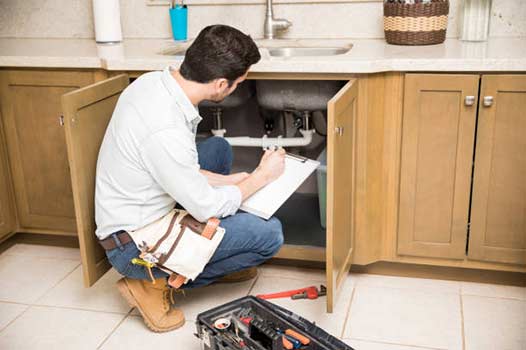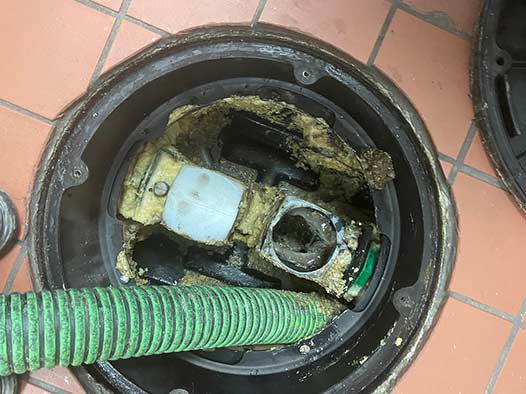
Plumbing code violations can be a major hassle for both homeowners and businesses in Chicago. Not only do they create inconveniences, but they can also lead to hefty fines and legal complications. However, by following a few proactive measures, you can ensure that your plumbing systems adhere to the plumbing code regulations in Chicago. Below we will provide valuable tips and guidelines to help homeowners and businesses avoid plumbing code violations and maintain a compliant plumbing system.
Understanding Plumbing Code Regulations in Chicago
Before diving into the tips, it’s essential to have a basic understanding of the plumbing code regulations in Chicago. The plumbing code outlines the minimum requirements for plumbing installations, ensuring the safety and efficiency of the plumbing systems. It covers various aspects such as the materials used, pipe sizing, fixture requirements, drainage systems, and more.
The City of Chicago follows the International Plumbing Code (IPC), with some modifications specific to the region. It is crucial for homeowners and businesses to familiarize themselves with the local plumbing code regulations to avoid violations and ensure their plumbing systems are in compliance.
Tips for Homeowners
Hire a Licensed Plumber
One of the best ways to avoid plumbing code violations is by hiring a licensed plumber for any plumbing code violation repairs, installations, or renovations. Licensed plumbers are well-trained professionals who are knowledgeable about the local plumbing regulations. They can ensure that the work is done in compliance with the plumbing code, reducing the risk of violations.
Regular Plumbing Inspections
Schedule regular plumbing inspections to identify and address any potential code violations at an early stage. A professional plumber can thoroughly inspect your plumbing system, identify any issues, and provide the necessary repairs or upgrades to bring your system up to code.
Proper Permits
Before undertaking any major plumbing work, such as remodeling or adding new fixtures, it is essential to obtain the required permits from the local authorities. Failure to obtain permits can result in violations and legal consequences. By following the proper permit procedures, you can ensure that your plumbing work is inspected and approved by the relevant authorities.
Use Approved Materials
When making repairs or installations, make sure to use plumbing materials that are approved by the plumbing code regulations in Chicago. Using substandard or non-compliant materials can lead to code violations and compromise the integrity of your plumbing system. Consult with your licensed plumber or refer to the local plumbing code for a list of approved materials.
Drainage System Maintenance
Regularly maintain your drainage system to prevent clogs and backups, which can result in code violations. Avoid pouring grease, oils, or other non-biodegradable substances down the drains. Invest in drain covers or strainers to catch debris and prevent them from entering the plumbing system.

For businesses in the foodservice industry, proper maintenance of grease traps is crucial.
Tips for Businesses
Train Employees
Properly train your employees on plumbing system maintenance and adherence to plumbing code regulations. Educate them about proper waste disposal practices, identifying potential plumbing issues, and the importance of reporting any problems promptly. By having knowledgeable employees, you can maintain a compliant plumbing system.
Regular Maintenance Contracts
Enter into regular maintenance contracts with licensed plumbing professionals to ensure that your business’s plumbing system is regularly inspected and maintained. These professionals can identify and rectify any potential violations, reducing the chances of hefty fines and legal consequences.
Backflow Prevention
Installing backflow prevention devices is vital in commercial settings to prevent cross-contamination of water. Backflow occurs when there is a reversal of water flow, allowing pollutants or contaminants to enter the drinking water supply. By installing and maintaining backflow prevention devices, businesses can avoid code violations and ensure the safety of their water supply.
Regular Grease Trap Cleaning
For businesses in the foodservice industry, proper maintenance of grease traps is crucial. Ensure regular cleaning service of grease traps to prevent grease and other solid waste from entering the plumbing system. Failure to maintain grease traps can lead to clogs, backups, and code violations.
Compliance with ADA Guidelines
If your business has public restrooms, it is essential to ensure that they comply with the Americans with Disabilities Act (ADA) guidelines. ADA regulations address various aspects, including the height of fixtures, grab bar installation, clearances, and accessible pathways. By adhering to ADA guidelines, businesses can avoid plumbing code violations and create an inclusive environment for all customers.
In Conclusion
Maintaining a compliant plumbing system is crucial for homeowners and businesses in Chicago to avoid plumbing code violations. By hiring licensed plumbers, scheduling regular inspections, obtaining proper permits, using approved materials, and practicing proper maintenance, both homeowners and businesses can ensure the safety, efficiency, and compliance of their plumbing systems. Remember, proactive measures are the key to staying on the right side of the law and avoiding unnecessary expenses and legal complications.